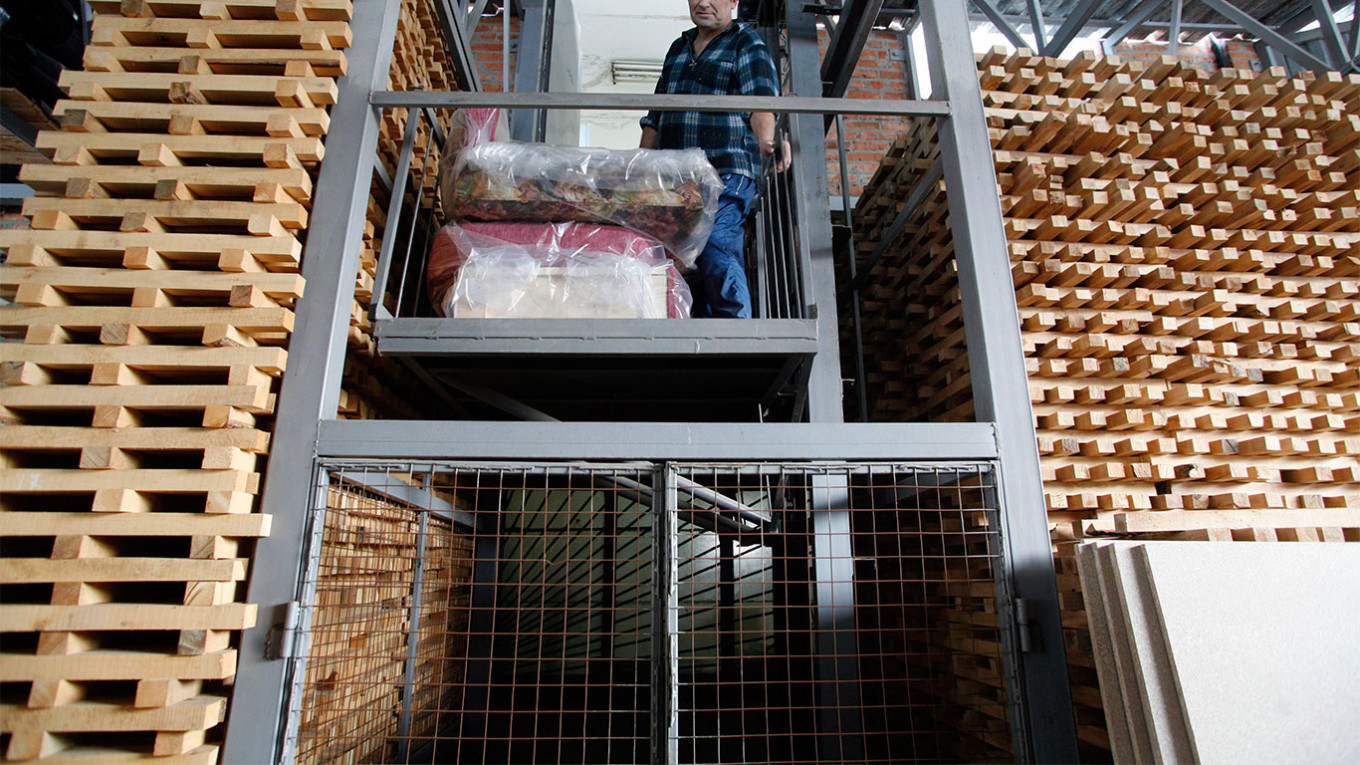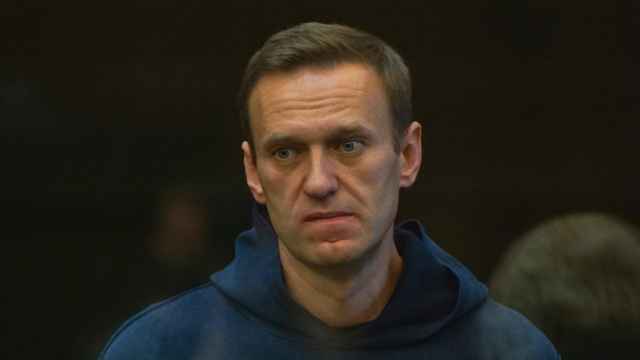Russia’s prisons hope to replace Western brands like IKEA with products made by inmates as the government races to carry out its import substitution program, reports said Wednesday.
State and municipal companies have signed 600 million rubles ($10 million) of contracts with penal colonies from the Middle Urals region so far this year, the local Oblastnaya Gazeta newspaper wrote. State contracts accounted for up to four-fifths of at least one penal colony’s production.
A recent fair in the Urals city of Yekaterinburg represented 30 prisons from seven Russian regions, with 3.5 million rubles ($58,000) worth of goods sold and several contracts signed.
“[Prison] colonies may well take the place of IKEA,” Ivan Sharkov, head of the Sverdlovsk region penitentiary service’s inmate labor adaptation program, told Oblastnaya Gazeta.
“If you compare furniture, we have better quality and lower prices.”
IKEA is one of hundreds of Western countries that have pulled out of the Russian market following the country's invasion of Ukraine, leading to a major drop in imports and a renewed focus on domestic production.
The prison furniture makers’ top clients currently include government agencies, courts, Russia’s top investigative body and state corporations.
“The turnover and the number of people employed in production is growing year by year,” said Alexander Fyodorov, head of the Sverdlovsk region’s penitentiary service.
Russia’s federal prison service announced in February the creation of correctional centers for 100,000 first-time offenders and those convicted of misdemeanors and lower-class felonies.
“It won’t be a gulag; these will be completely new and decent conditions,” then-prisons chief Alexander Kalashnikov had said at the time.
Russian government officials have denied plans to revive the Soviet-era gulag labor camp system amid the expansion of prison labor to plug Russia’s labor shortage.
A Message from The Moscow Times:
Dear readers,
We are facing unprecedented challenges. Russia's Prosecutor General's Office has designated The Moscow Times as an "undesirable" organization, criminalizing our work and putting our staff at risk of prosecution. This follows our earlier unjust labeling as a "foreign agent."
These actions are direct attempts to silence independent journalism in Russia. The authorities claim our work "discredits the decisions of the Russian leadership." We see things differently: we strive to provide accurate, unbiased reporting on Russia.
We, the journalists of The Moscow Times, refuse to be silenced. But to continue our work, we need your help.
Your support, no matter how small, makes a world of difference. If you can, please support us monthly starting from just $2. It's quick to set up, and every contribution makes a significant impact.
By supporting The Moscow Times, you're defending open, independent journalism in the face of repression. Thank you for standing with us.
Remind me later.






